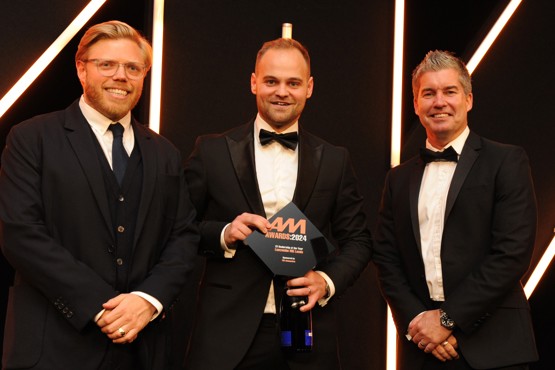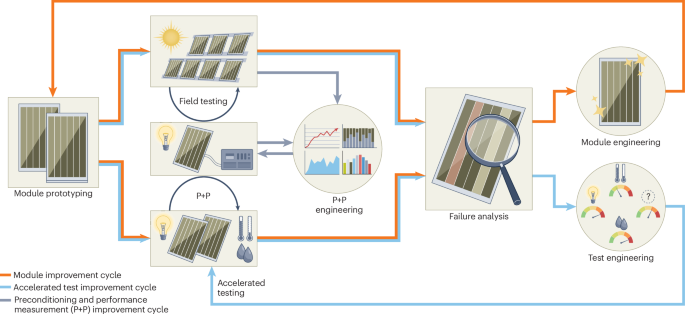Permeation Enhancer‐based Ionogel Shows Remarkable Potential for Oral Insulin Delivery
Advanced Healthcare Materials, EarlyView.

This study proposes a novel formulation of decanoate in an ionic liquid inspired drug delivery system. The formulation demonstrates ideal physicochemical and material properties for oral peptide delivery. Findings indicate that choline decanoate (1:2 molar ratio) forms a viscoelastic gel that enables high oral bioavailability of insulin in rats, showcasing potential for further development as a delivery vehicle for biopharmaceuticals.
Abstract
The increased focus on peptide therapeutics has created an unmet need for technologies and materials enabling therapeutic efficacy after oral administration. Currently, permeation enhancers are the gold standard for oral peptide delivery, with sodium decanoate being one of the most widely tested in preclinical and clinical studies. This study aims to develop and investigate a decanoate-based ionic liquid (IL) inspired by the reported absorption enhancing effect of choline geranate (CAGE) IL. The delivery system is prepared by loading choline decanoate with insulin and upon optimization of the ratio, the chC10 1:2 lead formulation shows gel-like rheological properties. Its high viscosity and hydrophobicity results in slow dissolution in vitro and sustained absorption in vivo. In vivo data show that it can mediate a 7- and a 13-fold higher oral bioavailability of insulin (6.5%) compared to CAGE (0.9%) and sodium decanoate (0.5%), respectively. Histological evaluation reveals that exposure to chC10 1:2 does not affect villi morphology, while 15 min exposure to CAGE significantly reduces villi height. The villi erosion observed is transient and not significantly different from that observed with sodium decanoate. These results showcase the high potential of the chC10 1:2 as an oral drug delivery vehicle.














































































































































